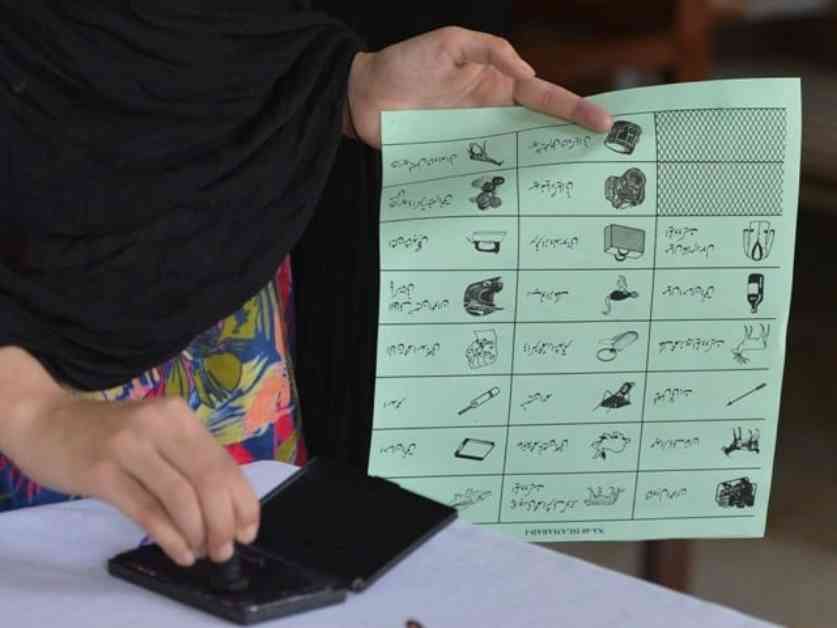Title: Gender Gap in Voting: FAFEN Report Unveils Surprising Trends in 2024 Elections
A new report released by the Free and Fair Election Network (FAFEN) on Sunday has uncovered a significant gender-based divergence in voting patterns during the 2024 general elections, shedding light on a previously unnoticed aspect of the electoral process.
In a surprising revelation, the study found that in 18% of communities, women voters made different choices than their male counterparts in National Assembly constituencies, despite casting their votes in male and female-designated polling stations within the same jurisdictions.
Party-specific trends emerged from the data, with Pakistan Tehreek-e-Insaf (PTI) securing more support from women in 1,260 communities, followed closely by Pakistan Muslim League Nawaz (PML-N) in 1,027 communities and Pakistan Peoples Party Parliamentarians (PPPP) in 694. Regionally, PTI found strong backing from women nationwide, while PML-N remained dominant in Punjab and PPPP enjoyed significant support in Sindh.
The report also highlighted the crucial role of women in determining constituency outcomes, with their voting preferences proving pivotal in 37 constituencies. Interestingly, female voters largely supported the winning candidate in 226 constituencies, underscoring the influence of women in shaping election results. Notably, in seven constituencies like NA-43 Tank-cum-Dera Ismail Khan and NA-49 Attock-I, women’s votes played a decisive role in determining the outcome, with PTI emerging as the beneficiary of substantial leads in female polling stations.
Analyzing results from 42,804 male and female polling stations across 21,188 communities, the FAFEN report revealed that in 82% of cases, male and female voters aligned in their choice of candidate. However, regional disparities and urban-rural divides in voter preferences were also evident, with urban areas showcasing more differences in voting choices compared to rural regions.
Among the regions, Islamabad stood out with the highest proportion of communities where male and female voters disagreed on the winning candidate, at 37%. Balochistan followed closely with 32%, while Sindh and Punjab recorded 19% and 18%, respectively. Khyber-Pakhtunkhwa reported the lowest disparity at 13%, emphasizing the need for further research into gender-based voting patterns.
The FAFEN report has sparked discussions on the nuances of voter behavior and the impact of gender on election outcomes, providing valuable insights for policymakers and political analysts as they delve deeper into the intricacies of electoral dynamics.









